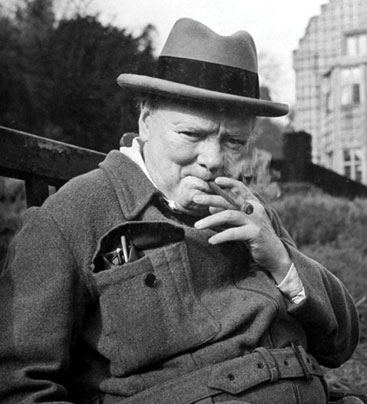CHURCHILL OUT OF HIBERNATION, WEEK 15
Winston Churchill wrote his own history of the First World War: THE WORLD CRISIS.
We journey to it next in our voyage around the works of Winston Churchill.
 In September 1911, Prime Minister Asquith offered his Home Secretary, Winston Churchill, the office of First Lord of the Admiralty. It was a post that the 36-year-old Churchill had lobbied for and would now use to prepare The Fleet for war.
In September 1911, Prime Minister Asquith offered his Home Secretary, Winston Churchill, the office of First Lord of the Admiralty. It was a post that the 36-year-old Churchill had lobbied for and would now use to prepare The Fleet for war.
With war declared in 1914, and The Fleet in readiness, Churchill grew increasingly horrified by the carnage of the trenches. He soon began advocating for an audacious strategy to circumvent them — a surprise rear action by sea aimed at the weakest of Germany’s allies, Turkey, via the Dardanelles Straits at Gallipoli. The secret to Churchill’s plan was stealth and speed; the attack had to be quickly executed. Bombardment of the Turkish forts overlooking the straits by Churchill’s Royal Navy was the preliminary strike. Churchill’s old nemesis, Lord Kitchener, as Secretary of State for War, was then responsible for the knockout blow: mass military landings on the Gallipoli peninsula.
But instead of speed, eight months of torturously slow, indecisive military assaults followed Churchill’s naval barrage, resulting in the deaths on the ground of more than 42,000 British soldiers, with almost 100,000 wounded, before the surviving force was finally and ignominiously evacuated.
Asquith callously allowed the blame to rest with Winston Churchill alone; his youngest and most vocal Cabinet member. Churchill shouldered this blame dutifully, honor-bound — he believed — to silently support the government in wartime. He finally stepped down as First Lord in May 1915.
 Churchill knew he had in no way caused the disaster at Gallipoli. Still, he suffered for it: enduring heartache at the loss of life, blame (though not guilt) for his plan’s abject failure and, most personally, the disappearance practically overnight of his meteoric political career. Clementine Churchill later told Sir Martin Gilbert that her husband truly believed his public life was over when he left the Admiralty. She feared that he would “die of grief.”
Churchill knew he had in no way caused the disaster at Gallipoli. Still, he suffered for it: enduring heartache at the loss of life, blame (though not guilt) for his plan’s abject failure and, most personally, the disappearance practically overnight of his meteoric political career. Clementine Churchill later told Sir Martin Gilbert that her husband truly believed his public life was over when he left the Admiralty. She feared that he would “die of grief.”
With the war over, however, Churchill decided that the time had come to write his own self-defense. In November 1920, he engaged the literary agent Curtis Brown to negotiate the sale of his war memoirs. Curtis Brown soon secured a £9,000 cash advance from the publisher Thornton Butterworth for the British rights and a £5,000 advance from Charles Scribner in the United States.
After much deliberation Churchill titled his work: The World Crisis. It would ultimately comprise six books written over eight years. The World Crisis, to this day, stands as one of Churchill’s most ambitious literary achievements, a masterpiece of reportage and a highly subjective Churchillian history of the First World War. Its power to persuade has not diminished with time.
“But nothing daunted the valiant heart of man…
He met the awful and self-inflicted agony with new resources of fortitude.”
-THE WORLD CRISIS
We wish you continued safety and health, and a Churchillian resolution to our own world crisis.


